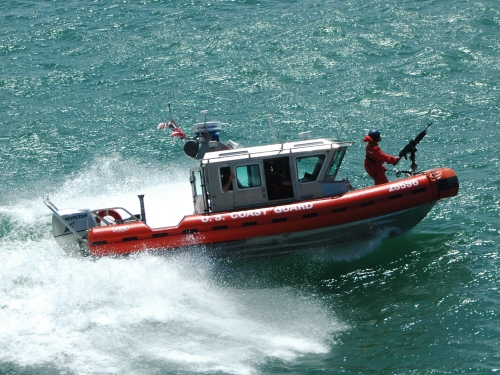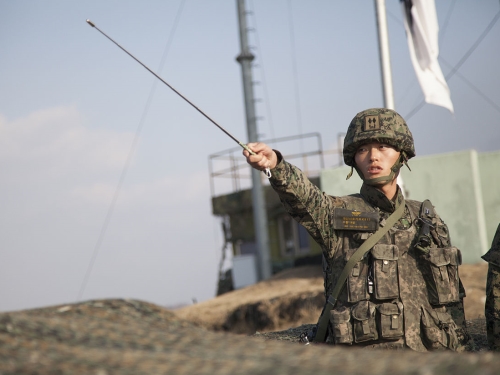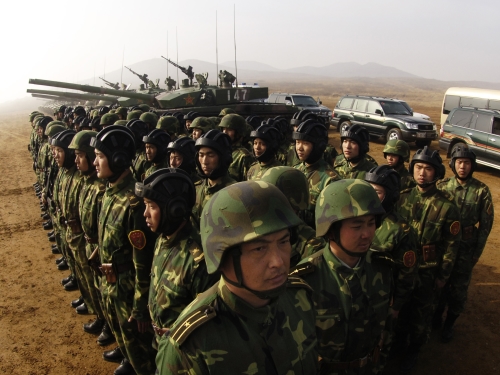
This article was originally published by War on the Rocks on 10 March 2015.
Leaders lie “in the routine performance of their duties,” and “ethical and moral transgressions [occur] across all levels” of the organization. Leaders have also become “ethically numb,” using “justifications and rationalizations” to overcome any ethical doubts. This “tacit acceptance of dishonesty… [facilitates] hypocrisy” among leaders.
These quotations sound like they are ripped from the headlines about some major corporate scandal. But they’re not describing Enron before its collapse in 2001, or firms like Lehman Brothers and Countrywide before the 2008 financial crisis. Instead, they describe one of the country’s most respected institutions: the U.S. Army.




